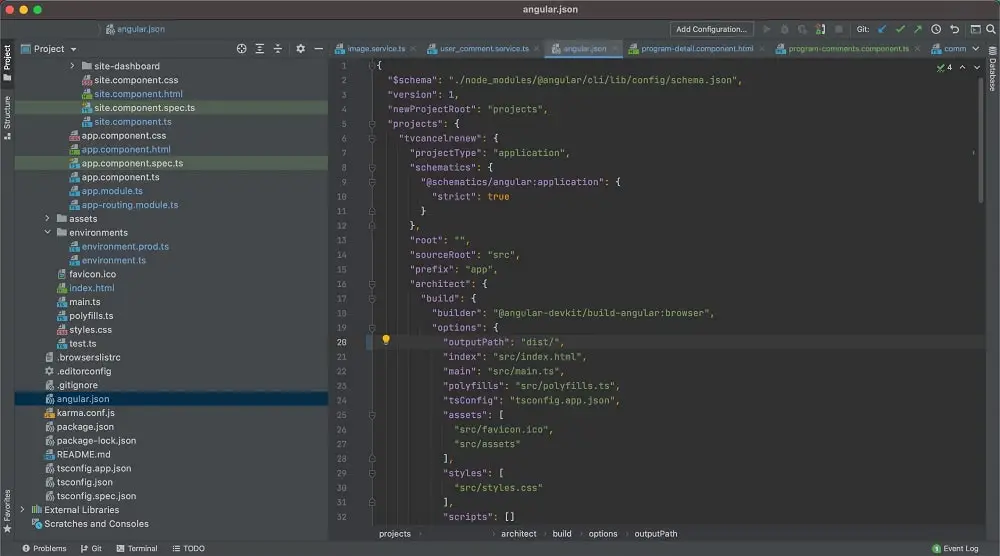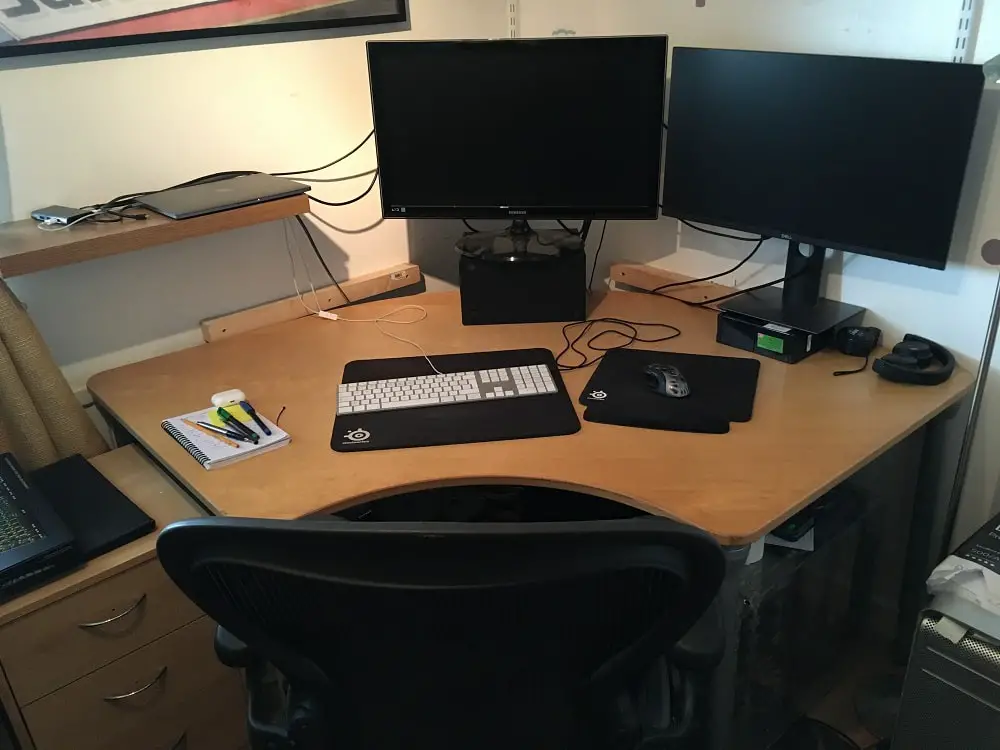Day in the life of
Programmer – James Barron

I work as a programmer/developer for a software company.
My typical day
My day normally starts with a short meeting with my boss and the other programmers in the team. During this meeting, I will either discuss what I was doing the day before or take a new task/issue from the list and ask any questions I have.
I will then start creating a simple design of what I plan to create/build and start looking at what has already been implemented making notes as I go. I will then draft a series of simple tests to verify if what I am able to write meets the requirements. I then start actually coding, if this is a simple change, this may only take an hour or so, if it is something complex, this may take several days involving lots of reading of the available documentation.

My code editor – PhpStorm
During this time I may have meetings with clients to discuss future projects or meetings with marketing, sales, etc. Once I have finished creating the code and thoroughly tested it, I upload my code to Git for review. Occasionally the day might be focused on learning something new for an upcoming project but in my experience, this does not occur frequently.
After finishing work for the day, I normally start work on a side project that I use to keep my skill set up to date ensure if the technology stack my company uses becomes obsolete I am able to switch to something different very quickly.
Pros
The main benefit of my job is it is very flexible, I always work from home and my employer is happy for me to work whenever it suits me. The pay is also well above average. I am mentally challenged by my job everyday, I’ve worked previous jobs while studying that have been incredibly boring.

Workstation at home. My previous desks located in offices have been very similar, always with two or three screens which runs off a laptop.
Cons
The biggest negative is trying to keep up with technology, this is not a problem when you are younger, as it is easy to find the time and it’s exciting to pick up a new piece of technology or language. As you get older and have a family this becomes more and more difficult, requiring effort and planning to find the time. If you don’t keep up with the latest technologies finding work may be challenging as you get older. Another negative is that sitting at a desk for long periods puts a strain on you physically, I occasionally suffer from back, shoulder, and neck pain requiring chiropractor treatment.
Advice for aspiring Programmers
For students, the obvious work hard and get good qualifications is not enough, the best candidates that I have interviewed have always had side projects (some very successful) that they have worked on alongside their studies, this could be open source projects, websites they’ve built or games they’ve written. The more passionate about it they are, the better, as they will find it easier to talk about it during interviews and are more likely to stick with it. A good degree does make it easier for you to get your foot in the door, often HR departments/recruiters will discount anyone without a good degree.
A good test to see if you are suitable to be a programmer is, think of a puzzle that will take hours to solve and once it’s solved, leads you to another equally or more difficult puzzle, this continues until it is time for you to leave. If you get excited about the challenge of solving these puzzles, you will fit in well as a programmer, although you may find in reality, you spend more time in meetings discussing the puzzle than you would like.
Computer Programmers
create, modify, and test the code, forms, and script that allow computer applications to run. Work from specifications drawn up by software developers or other individuals. May assist software developers by analyzing user needs and designing software solutions. May develop and write computer programs to store, locate, and retrieve specific documents, data, and information.



.jpg)